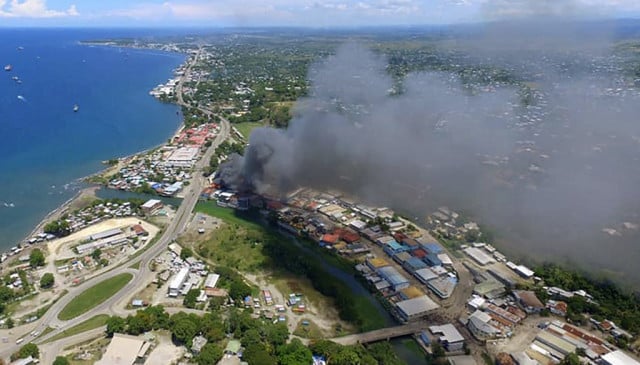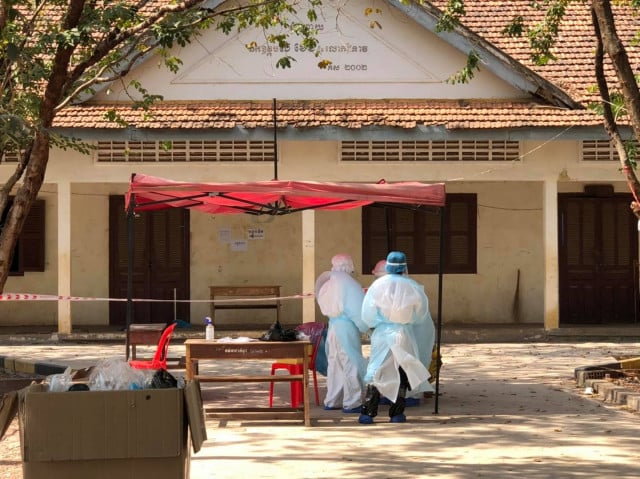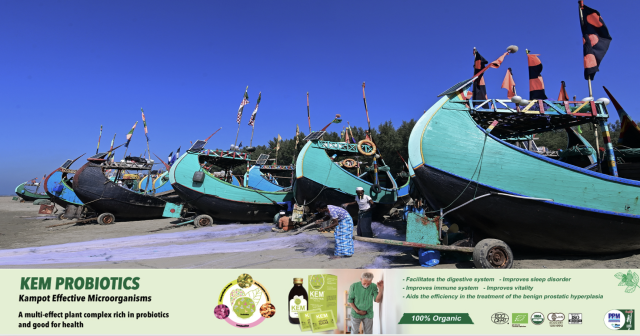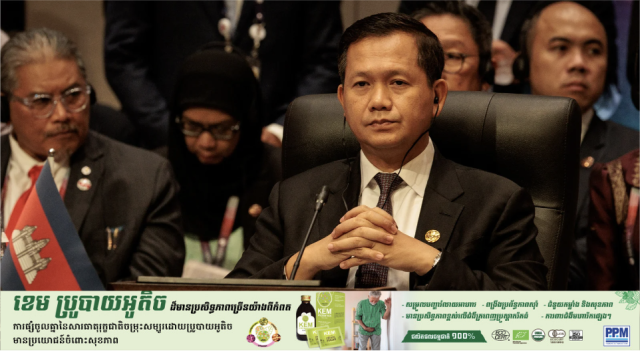Solomon Islands: Pacific archipelago crippled by unrest

- By Agence France-Presse (AFP)
- November 26, 2021 10:07 AM
Honiara, Solomon Islands | With Australia rushing peacekeepers to the Solomon Islands to quell riots in the Pacific archipelago, here are some key facts about the former British protectorate long beset by political and ethnic unrest.
- Sectarian strife -
The Solomon Islands, which lie east of Papua New Guinea, have struggled with unrest and political violence since gaining independence from Britain in 1978.
Rivalry between the most populous island Malaita and the Guadalcanal-based central government has repeatedly led to clashes, with Malaita complaining that it has been neglected.
In the late 1990s Guadalcanal militants attacked settlers in their area, particularly those from Malaita, and for five years unrest brought the country to its knees.
The so-called "Tensions" only eased with the deployment in 2003 of an Australian-led peacekeeping mission.
- China-Taiwan rivalry -
The struggle for influence between China and Taiwan in the Pacific has long been fought out on the islands, which have a small Chinese community.
The Solomons were among a dozen Pacific islands that recognised Taiwan until a decision in 2019 by Prime Minister Manasseh Sogavare to abruptly break diplomatic relations and embrace Beijing.
The move riled Malaita's leaders, who still maintain contact with Taiwan and receive outsized aid from Taipei and Washington.
The latest violence in the capital Honiara was reportedly started by protesters who travelled from Malaita.
Chinese businesses have been one of the targets of rioters and looters in the past and were again attacked this week.
In 2006, riots ended the short-lived premiership of Snyder Rini who reportedly come to power with financial help from Taipei.
- Battle of Guadalcanal -
The islands saw some of the bloodiest fighting in the Pacific during World War II.
Guadalcanal was a major strategic military prize because of its airstrip, and after months of bitter combat in 1942 and 1943, American and allied troops drove out the Japanese.
The Solomons gained independence from Britain in 1978. Queen Elizabeth II remains head of state though power rests with parliament. Sogavare has been prime minister since 2014.
- Natural disasters -
The Solomon Islands comprise six main islands and more than 950 smaller ones over an area of around 27,500 square kilometres (10,600 square miles). Most islands are mountainous but there are also some low-lying coral atolls.
The population of 753,000 is overwhelmingly Christian and ethnic Melanesian. English is the official language, but most people speak one of the more than 100 local dialects.
Most of the archipelago is volcanic. The islands are often hit by large earthquakes, which can trigger tsunamis as happened in 2013, 2007 and 1977, leaving dozens dead.
- Wood supplier -
Most people rely on agriculture, fishing and forestry, with the vast bulk of wood from the Solomons' rainforests exported to China.
Major exports include timber, fish and palm oil. The islands are surrounded by huge tuna-rich waters, which cover a swathe of ocean twice the size of France.
China is the Solomons' biggest trading partner by far, according to the World Bank, with most imports coming from Australia, Singapore and New Zealand.
Gross domestic product per person has risen from $600 in 2005 to $2,258 last year driven by wood exports to China.
- 'Cargo cult' -
Hunter-gatherers were living on the larger islands as early as 1000BC.
The first European on the Solomons was Spanish explorer Alvaro de Mendana y Neira in 1568 but Britain gradually asserted control.
After contact in World War II with the Allied military, who often used airdrops to supply their troops, a "cargo cult" developed among some of the island's pre-industrial inhabitants.
They would imitate the behaviour and uniforms of the soldiers in the hope that the gods would deliver goods by parachute as happened during the war.
© Agence France-Presse















